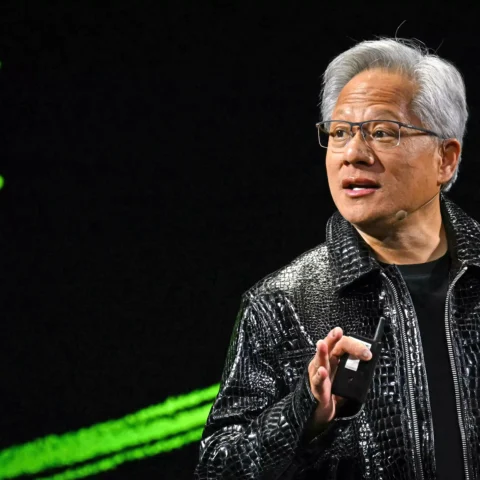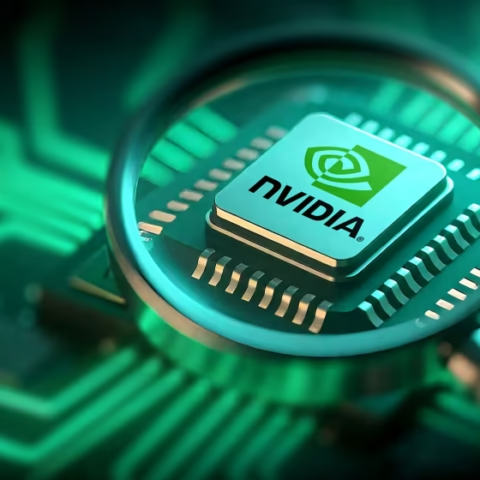Canadian artificial intelligence (AI) startup Cohere has secured $450 million in funding from a mix of returning and new investors, signaling strong confidence in its generative AI technology.
This funding round highlights Cohere’s rapid growth and strategic importance in the competitive AI landscape.
Funding Details:
The latest funding round witnessed participation from existing investors, such as Nvidia and Salesforce Ventures, alongside new investors, including Cisco and Canadian pension fund PSP Investments.
This tranche concludes the initial phase of Cohere’s fundraising efforts, which aim to raise $500 million to $1 billion. The company’s valuation has surged to $5 billion, a significant increase from its previous $2.2 billion in June last year.
Cohere has demonstrated impressive revenue growth, generating $35 million annually by the end of March 2023, up from $13 million the previous year. This growth is driven by its business model of selling AI models and applications to enterprises focusing on data privacy.
Market Context and Competition:
Cohere operates in a highly competitive market, facing rivals such as OpenAI, Anthropic, and Mistral, all of which have secured substantial investments from strategic partners like Microsoft, Google, and Amazon.
The competition in the AI space underscores the importance of securing funding to develop cutting-edge AI models that require significant computational resources and talent.
Unlike OpenAI’s exclusive partnership with Microsoft, Cohere has avoided exclusive deals with cloud providers, maintaining flexibility and broad market appeal. This strategy aligns with its backing from diverse investors, including Oracle.
Government Support and Future Prospects:
Cohere benefits from the Canadian government’s $1.77 billion investment plan to support computing and AI research for domestic AI companies. This government backing could provide a competitive edge and further propel its growth.
Despite the optimistic funding round, AI startups, including Cohere, face challenges related to high training costs and the necessity of proving revenue growth to attract further investment.
The overall funding environment for AI startups has shown signs of cooling, with early-stage venture capital deal values significantly dropping in early 2023.




















